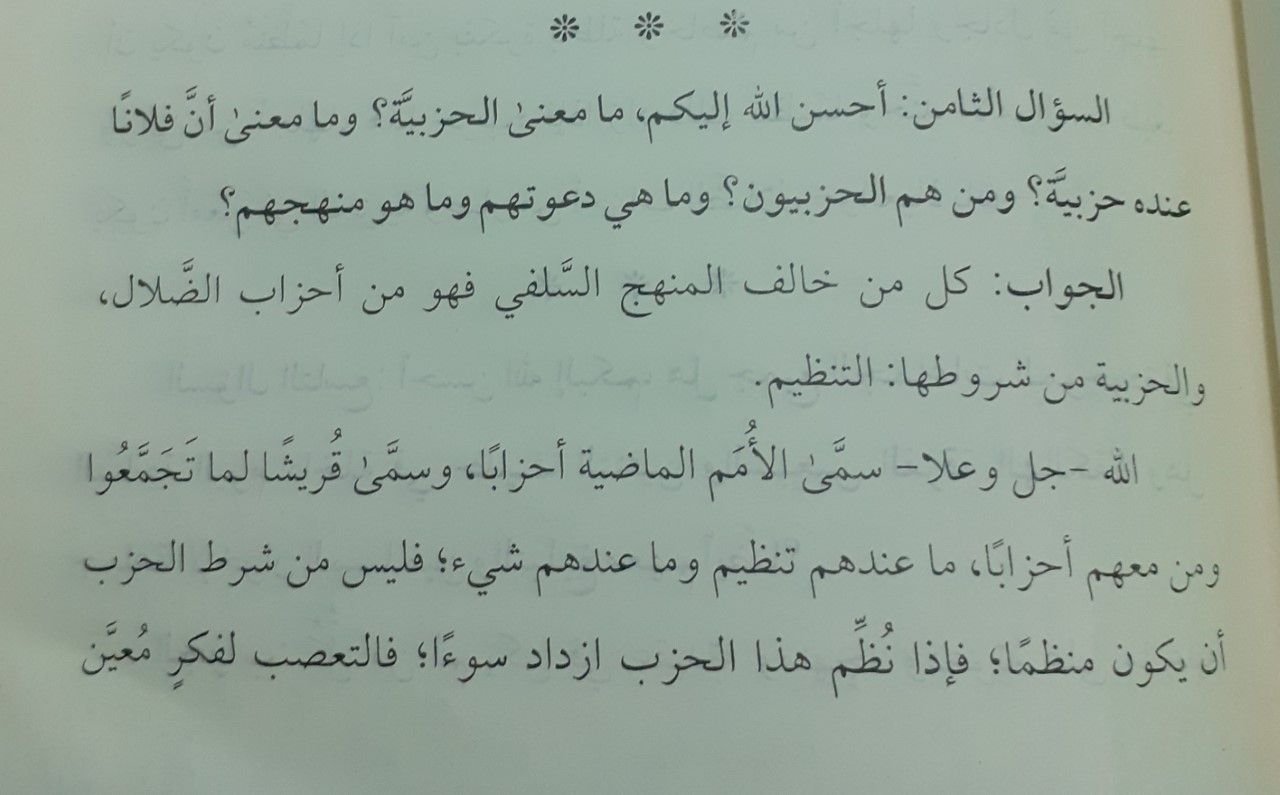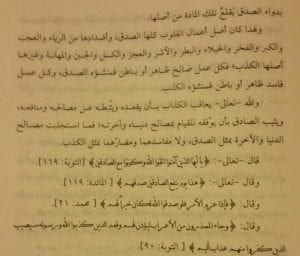Who is the fasting person?
Imaam Ibnul Qayyim (rahimahullaah) said:
The fasting person is the one whose limbs abstain from sins; his tongue (abstains) from lying, lewdness and false speech; his stomach (abstains) from food and drink and his private parts (abstain) from obscenity. When he speaks, he does not speak with what harms his fasting and when he acts he does not do what corrupts his fasting. All his speech comes out useful and righteous.
Likewise his actions are of the status of that scent that is smelled by the one who sits with the seller of musk, and likewise the one who sits with the fasting person is benefited by sitting with him and is saved from false speech, lies, evil deeds and oppression. This is the legislated fasting and not merely abstaining from food and drink.[1] And it is (reported) in the authentic hadeeth: ”Whoever does not give up lying speech (false statements) and acting on those lies and evil actions etc., Allaah is not in need of his leaving his food and drink.” [2]
—————————————————————————————————————
References
[1] Sharh Al-Waabilus Sayyib of Imaam Abdul-Azeez Bin Baaz (rahimahullaah), page:31]
[2] English Translation of Saheeh Bukhaari, vol 3, Hadeeth Number: 1903. Muhsin khan











